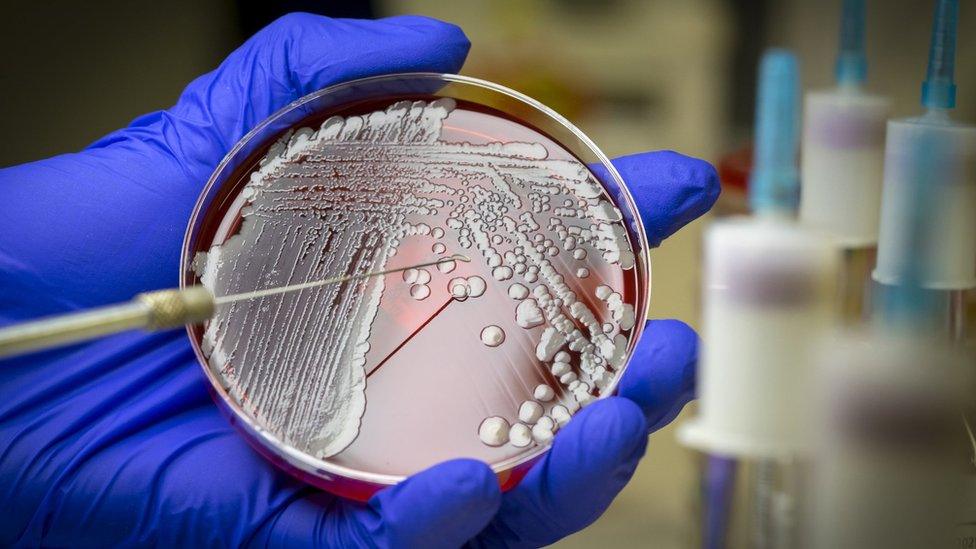Recent advancements in artificial intelligence (AI) have led to the design of new antibiotics targeting gonorrhea and MRSA superbugs. This breakthrough represents a significant step in the fight against antibiotic-resistant infections, which pose a growing threat to public health.
The Challenge of Antibiotic Resistance
Antibiotic resistance has become a pressing issue worldwide. Gonorrhea, caused by the Neisseria gonorrhoeae bacterium, has developed resistance to many existing treatments. Similarly, Methicillin-resistant Staphylococcus aureus (MRSA) has proven difficult to treat, leading to serious infections that can be life-threatening.
The emergence of these resistant strains has prompted researchers to seek innovative solutions. Traditional methods of antibiotic discovery can be lengthy and costly. However, AI offers a faster and more efficient approach. By analyzing vast amounts of data, AI can predict which compounds may effectively combat these superbugs.
Using machine learning algorithms, researchers have trained AI systems to identify potential antibiotic candidates. These systems analyze chemical structures and biological data to suggest new compounds that could be effective against resistant bacteria. The results have been promising, with several candidates showing potential efficacy in laboratory tests.
Promising Results and Future Implications
The AI-designed antibiotics have undergone initial testing with encouraging results. In laboratory settings, some compounds demonstrated the ability to inhibit the growth of both gonorrhea and MRSA. These findings could lead to the development of new treatment protocols, addressing the urgent need for effective therapies.
Additionally, the speed of AI-driven research allows for rapid iteration and testing of new compounds. This agility means that researchers can quickly refine their approaches based on real-time data, potentially bringing new antibiotics to market faster than traditional methods.
The implications of this technology extend beyond gonorrhea and MRSA. AI has the potential to revolutionize the entire field of antibiotic discovery. As more data becomes available, AI systems can continue to learn and adapt, identifying new targets and treatment strategies for a variety of infectious diseases.
In conclusion, the use of AI to design antibiotics for gonorrhea and MRSA marks a significant advancement in medical research. As antibiotic resistance continues to challenge healthcare systems, innovative solutions like AI-driven drug discovery are crucial. By harnessing the power of technology, researchers are paving the way for new treatments that could save countless lives.




